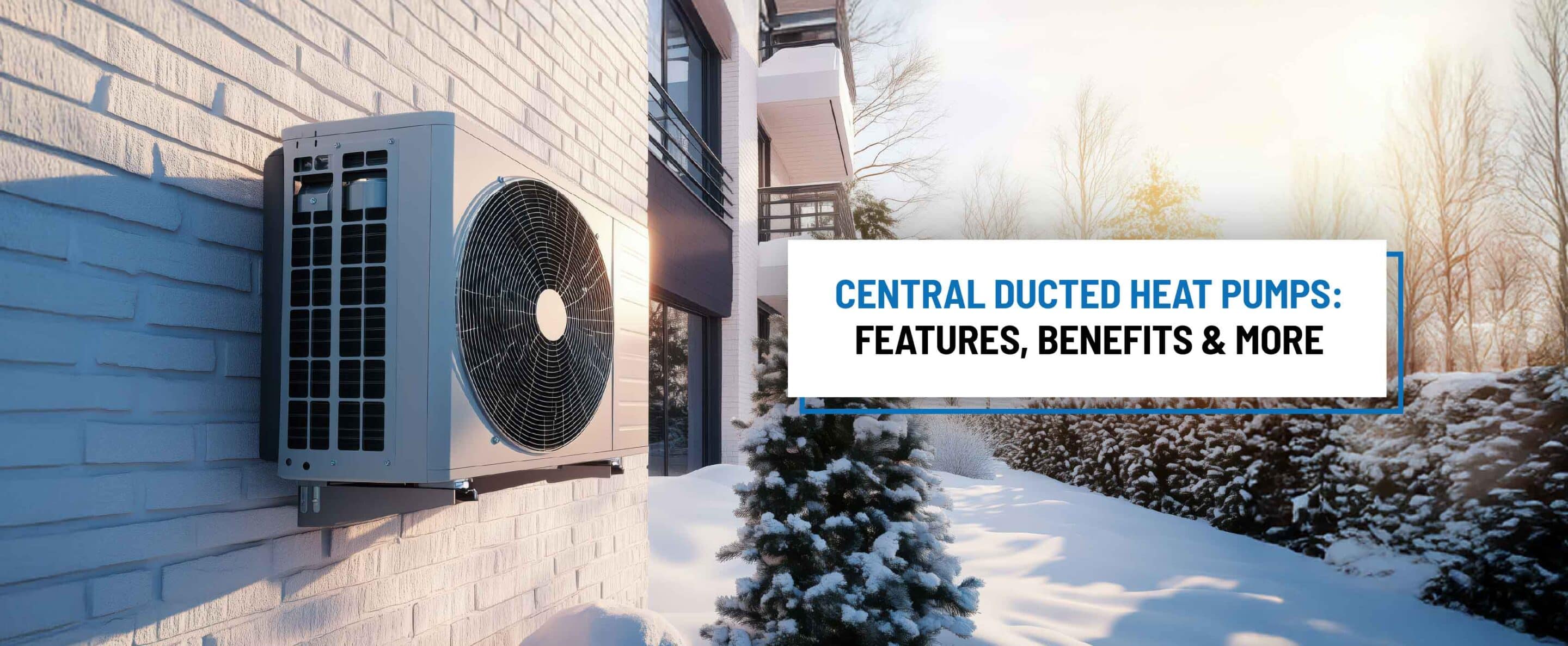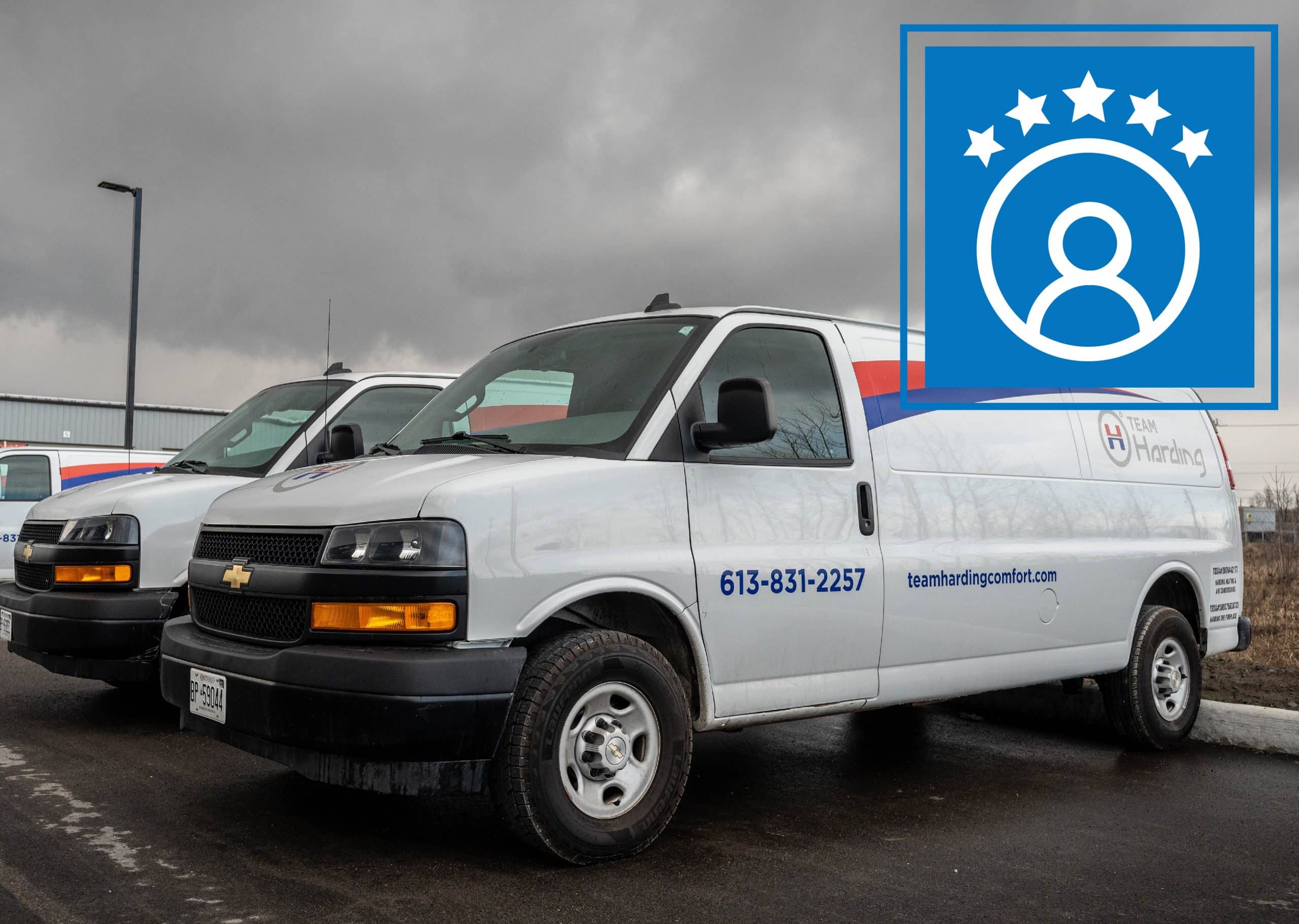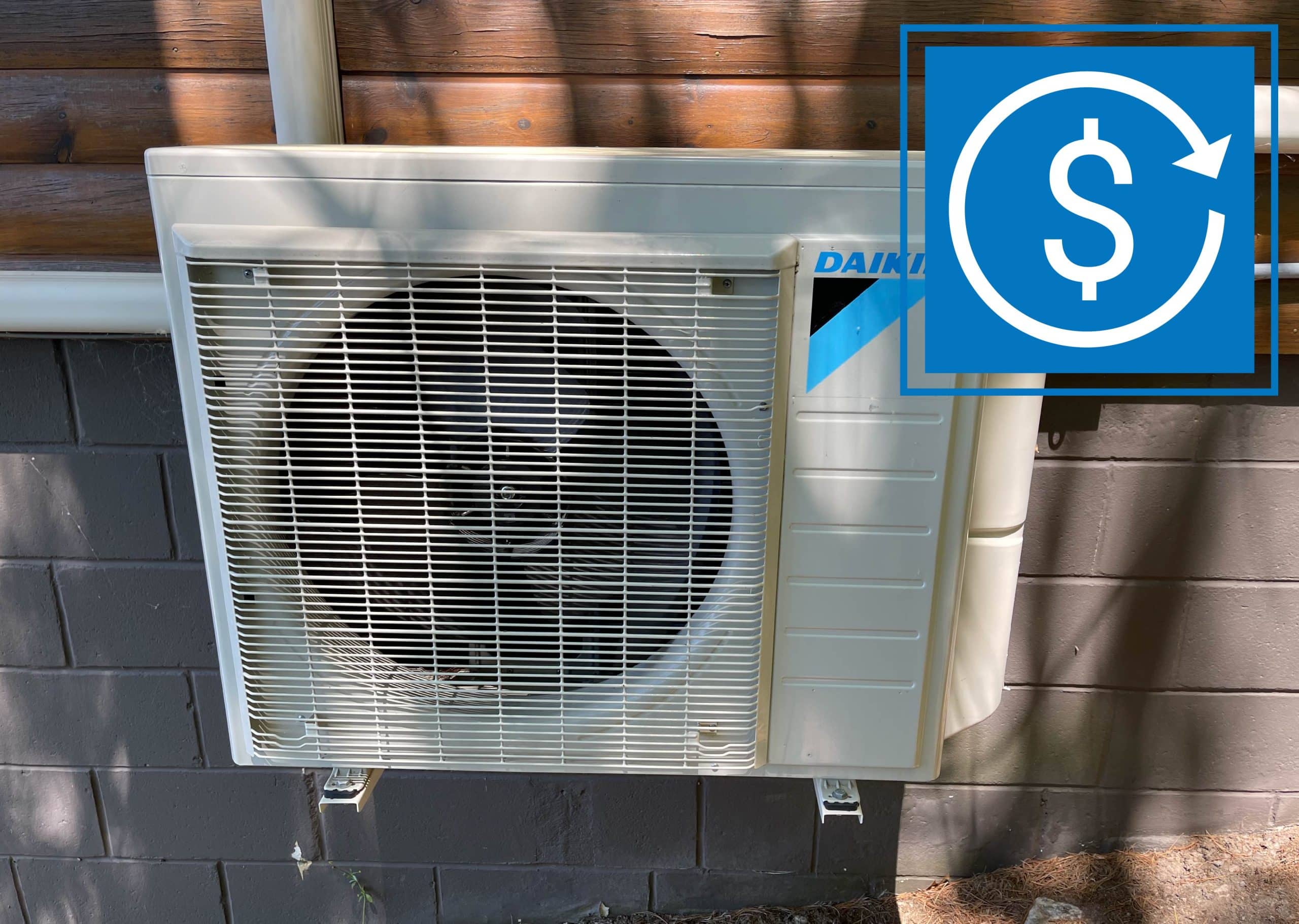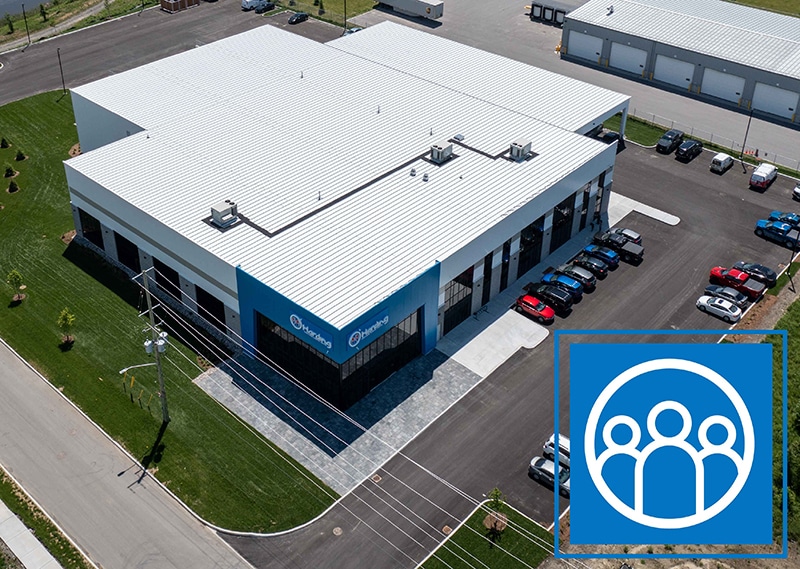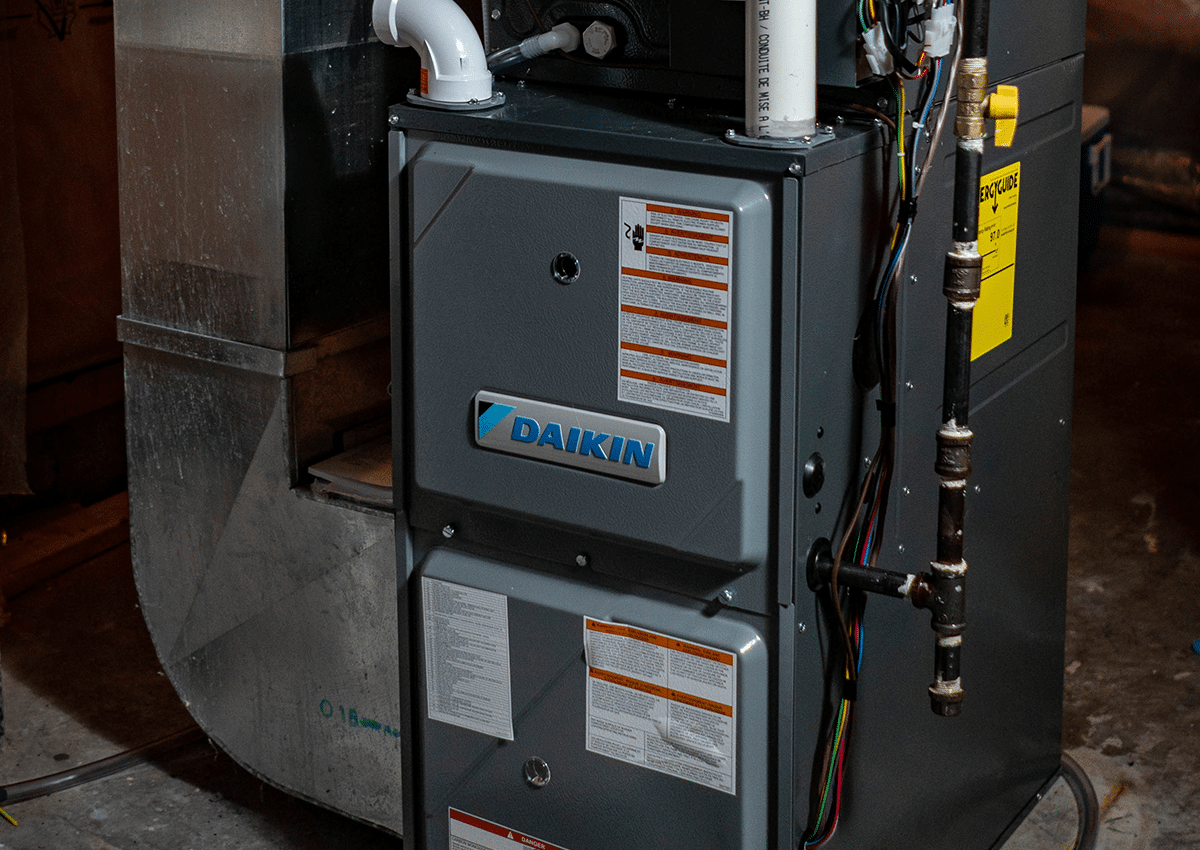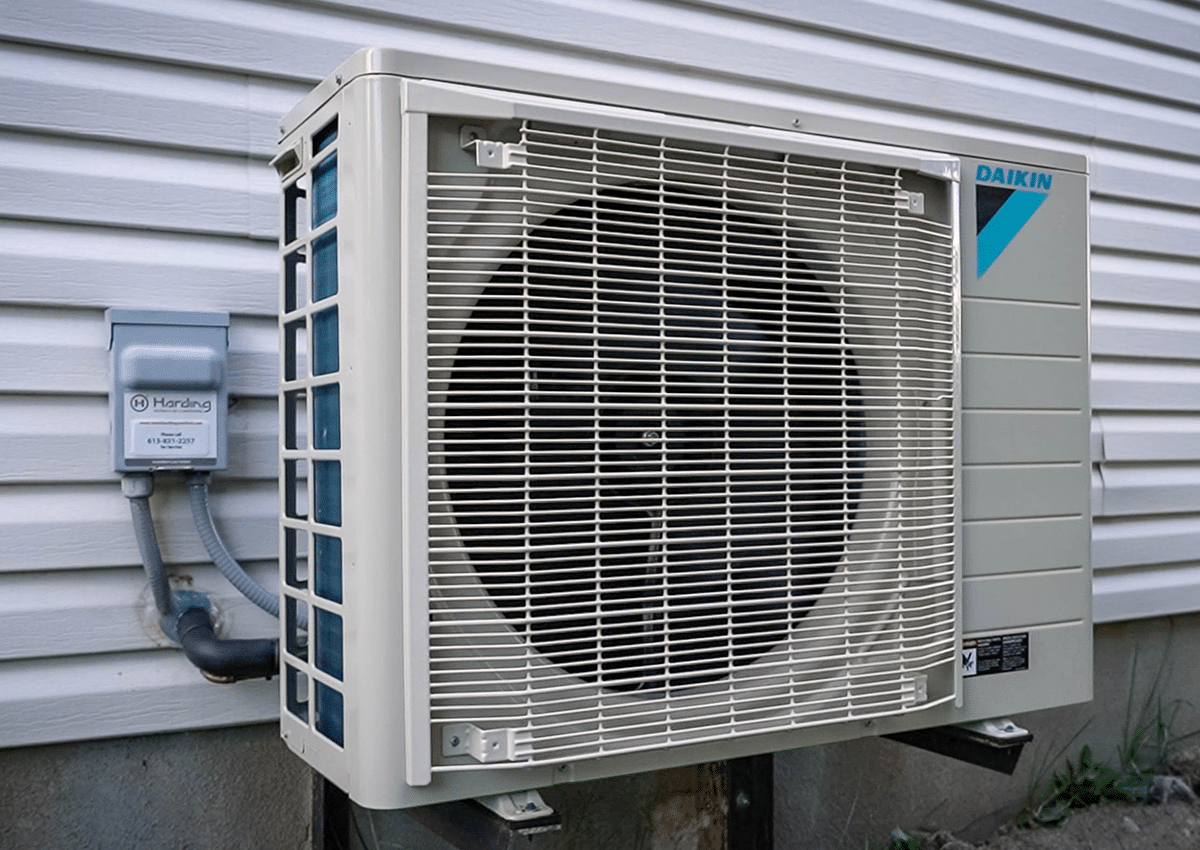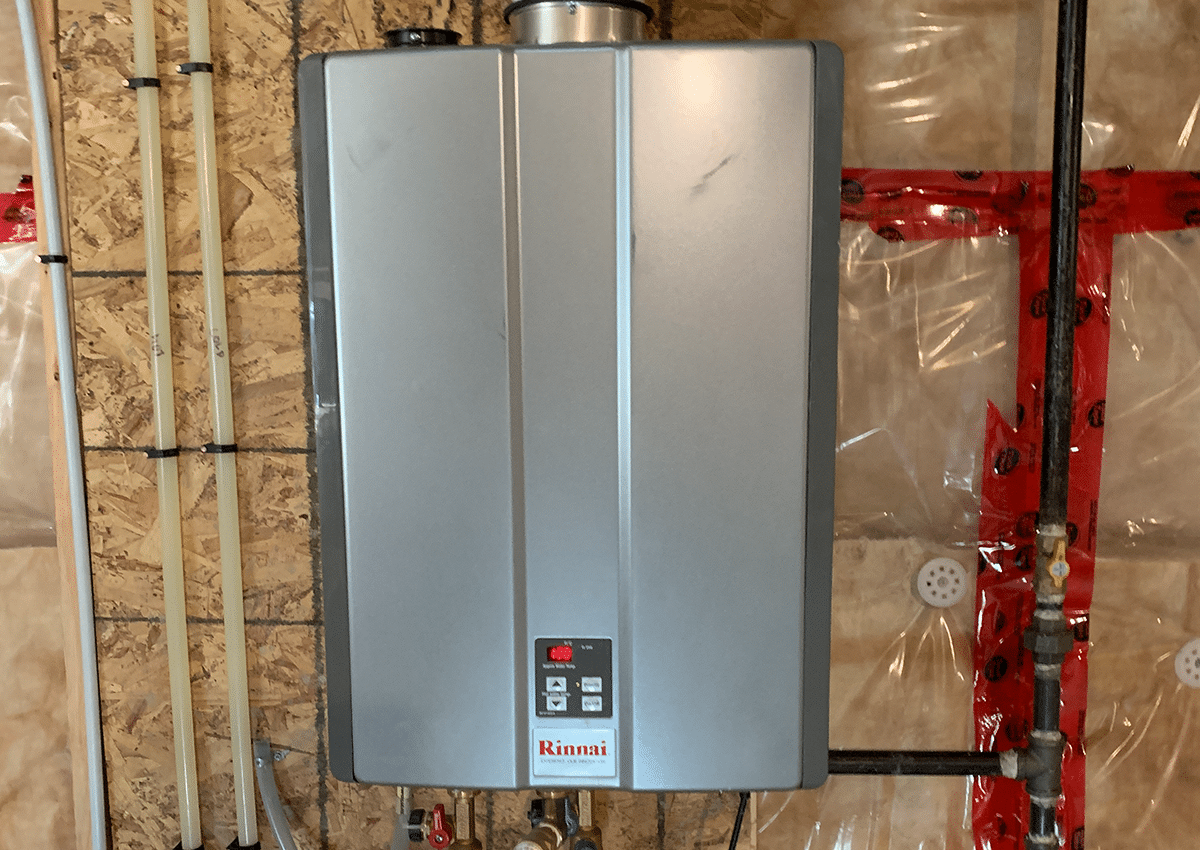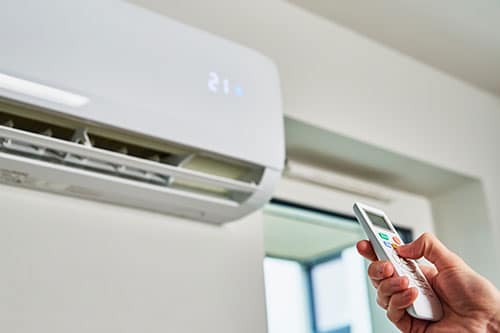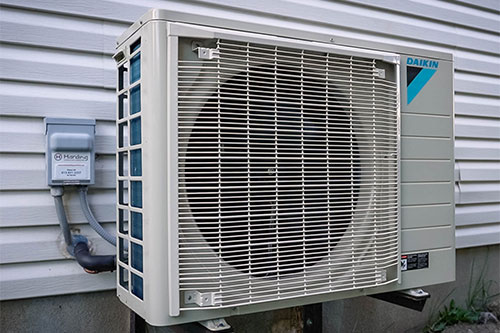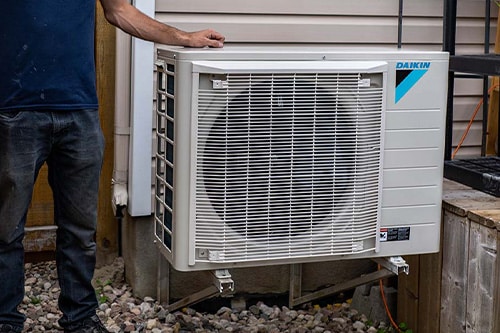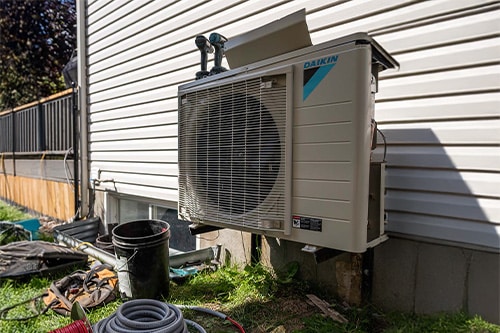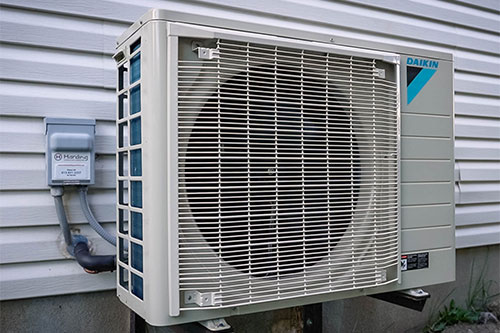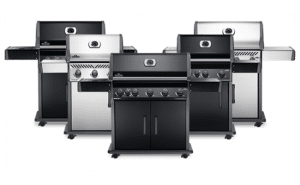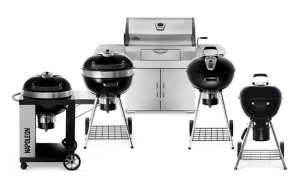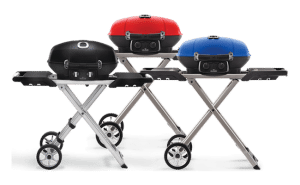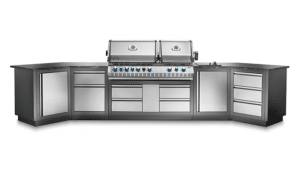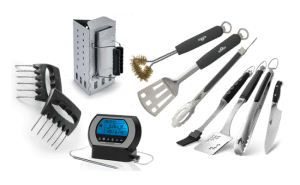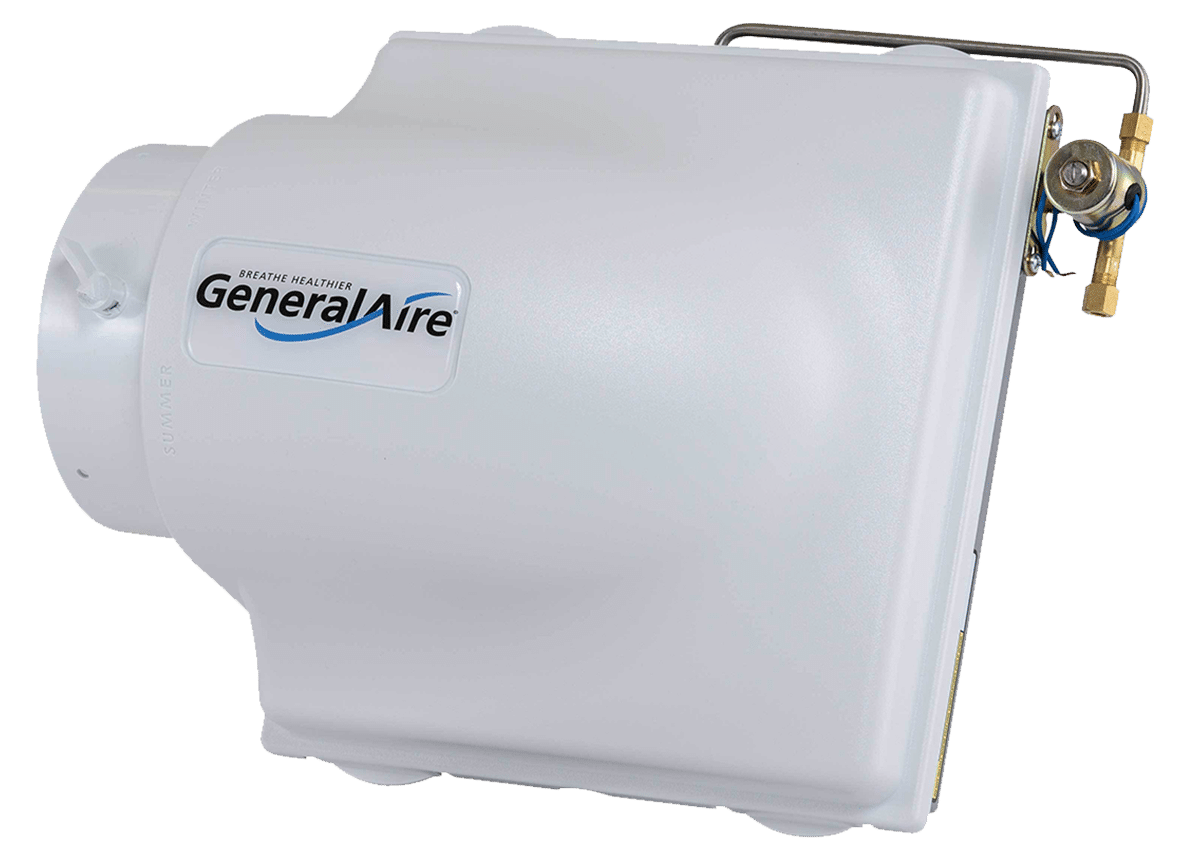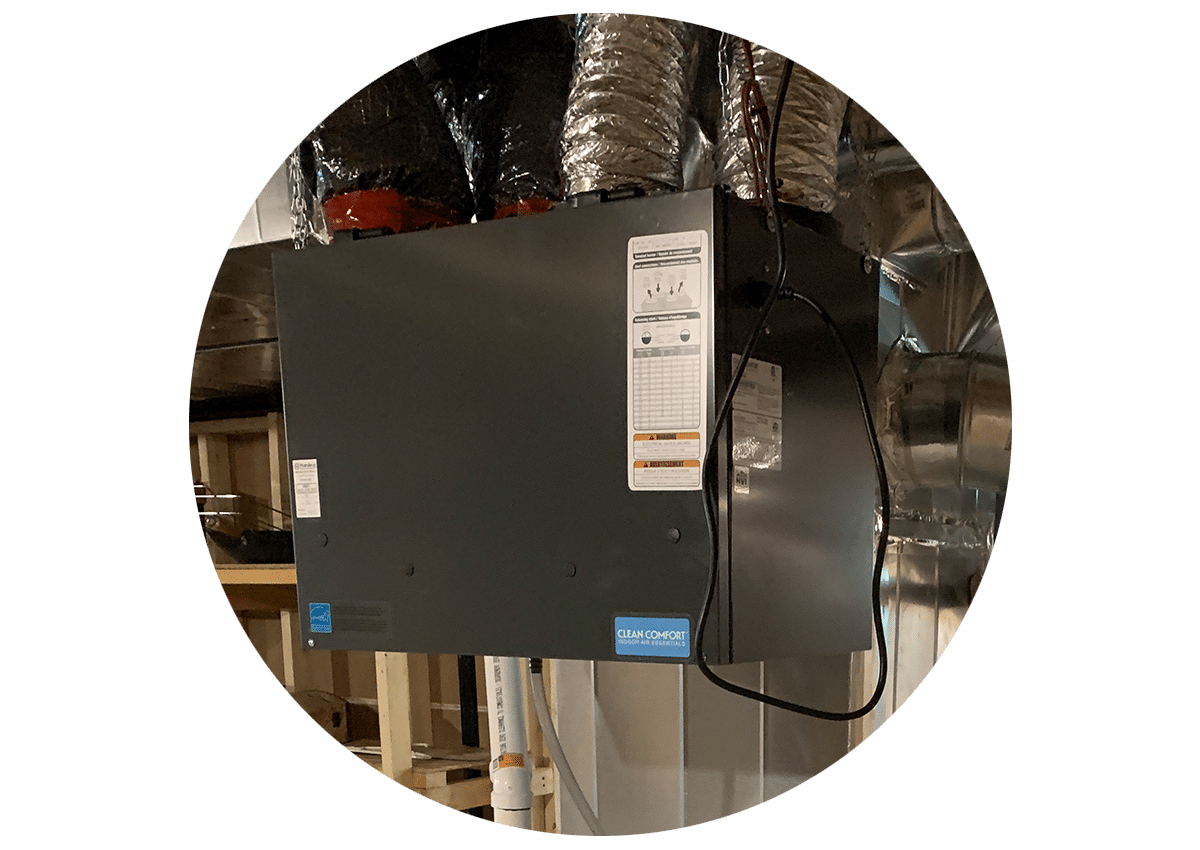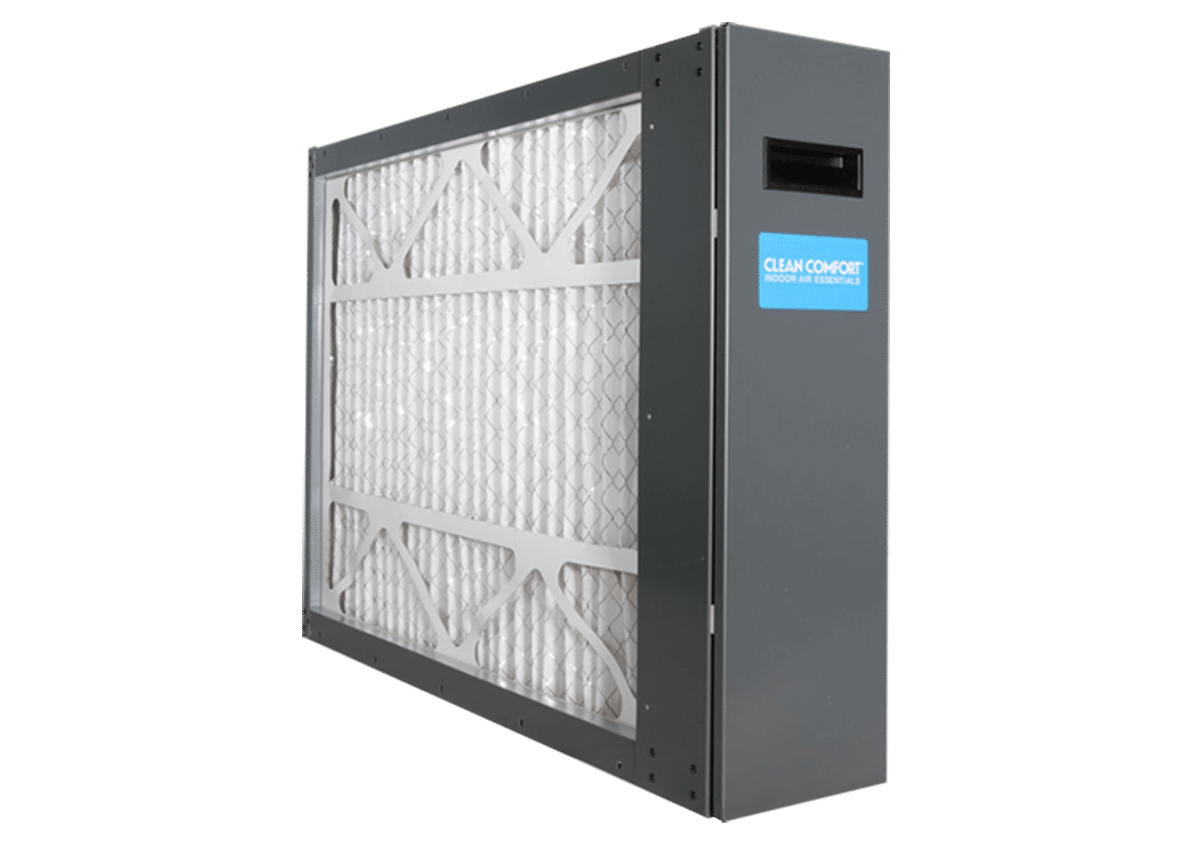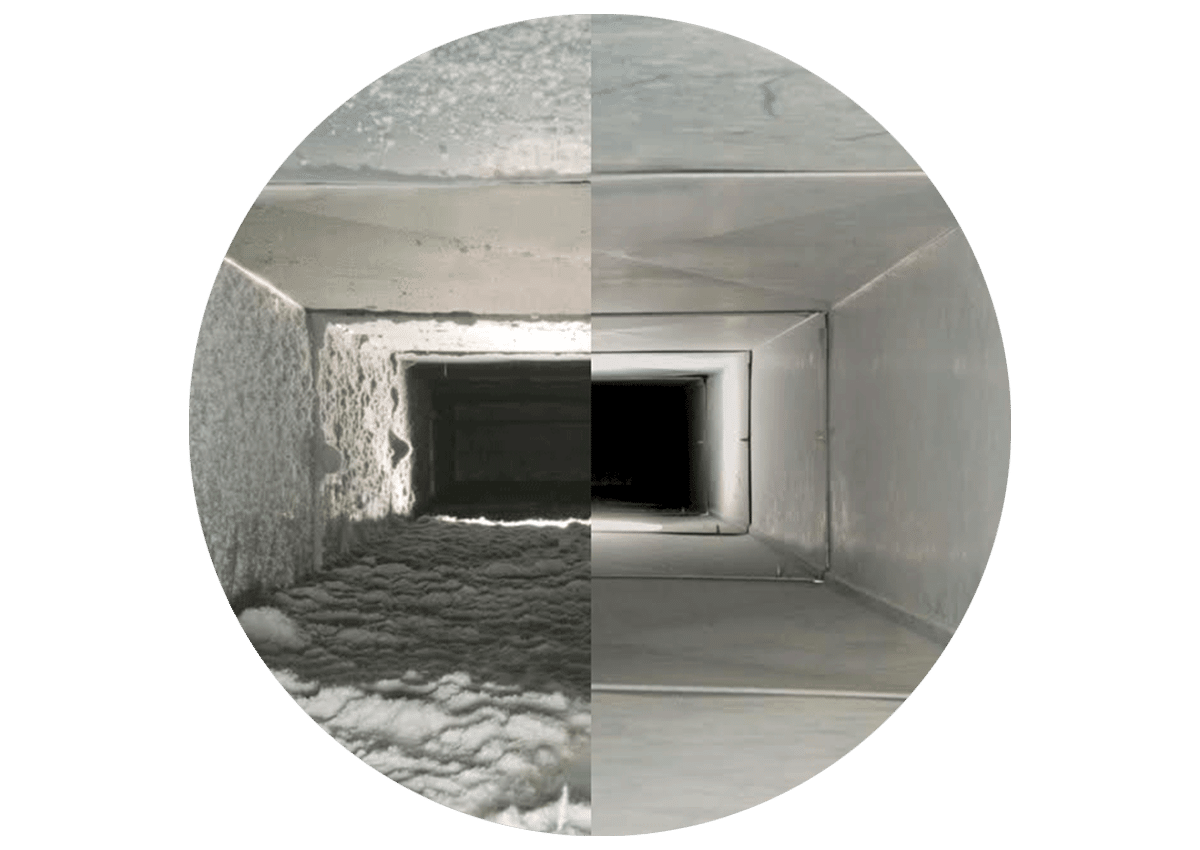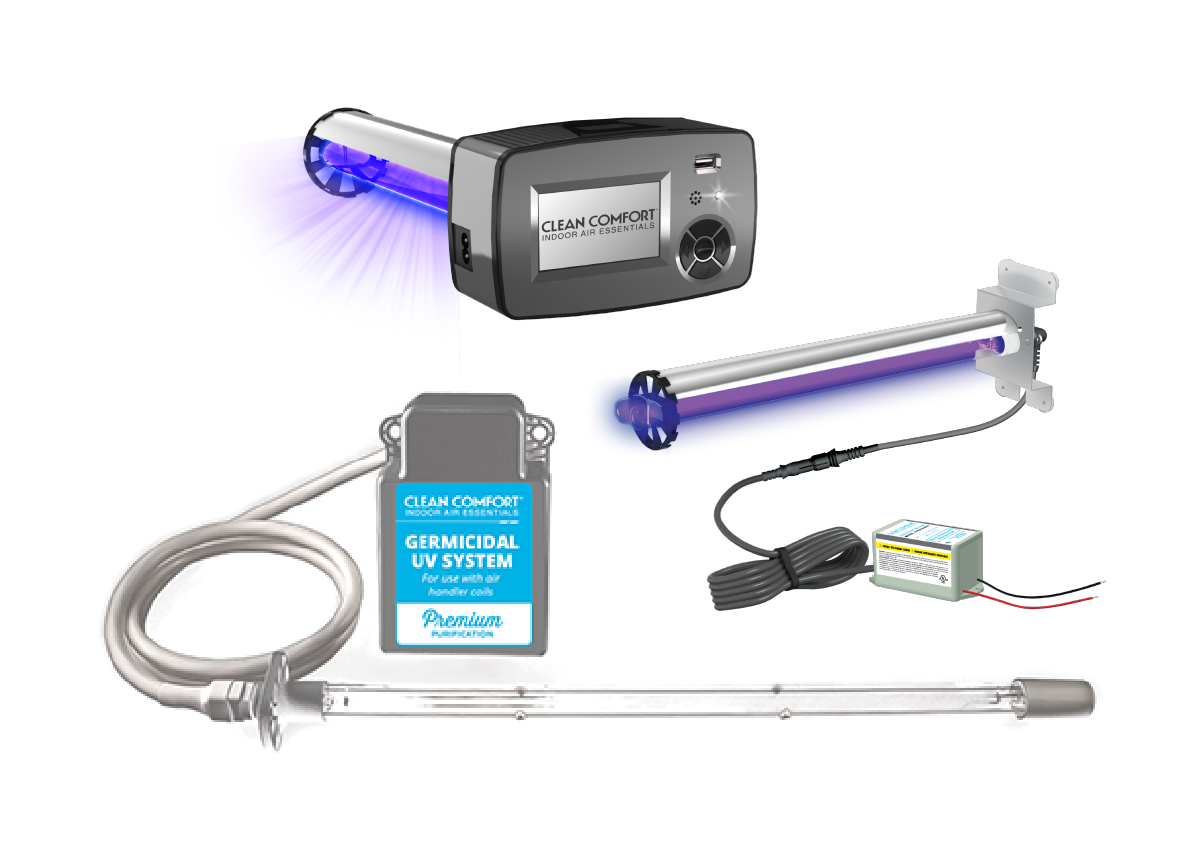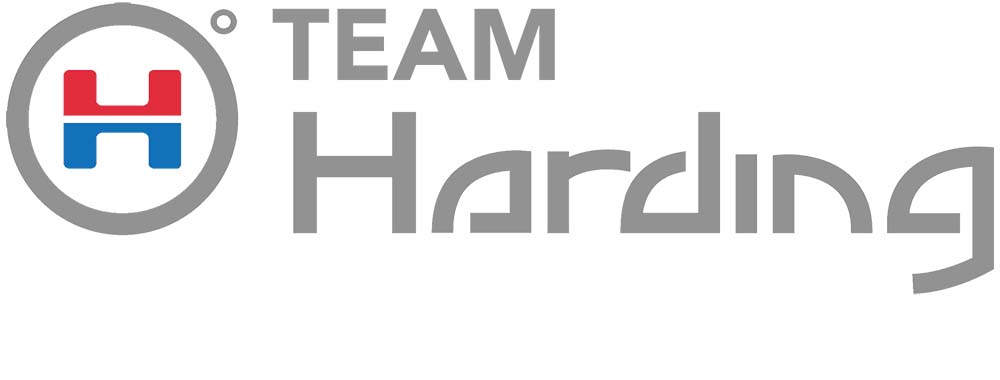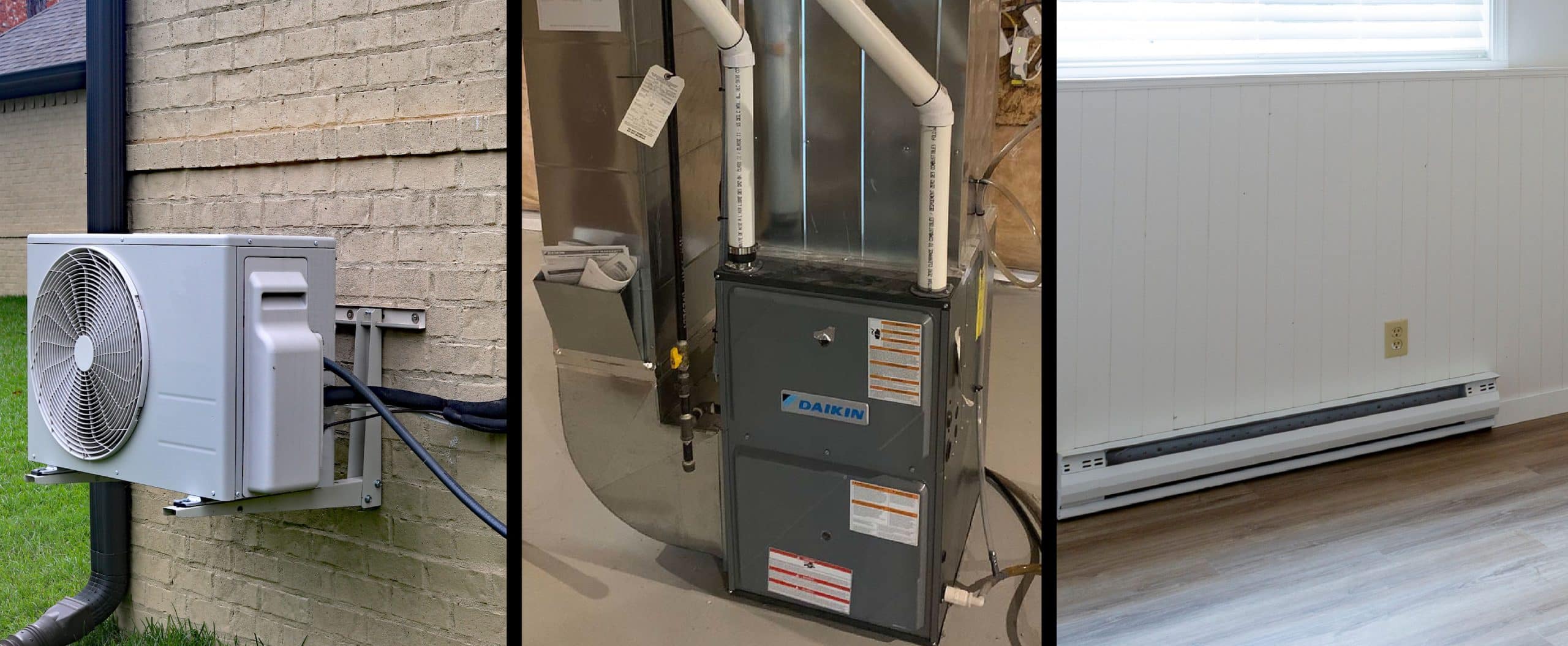When it comes to heating your home, there are a few different options to choose from. There’s ductless, central, and baseboard heating. In order to choose the best one for you and your home, you need to understand each system and its benefits and drawbacks. Here’s a rundown on each type so you can learn the differences, as well as the advantages and disadvantages to make an informed choice.
Ductless Heating
Ductless heating systems, also known as mini-split systems, are a popular choice for many homeowners. They consist of an outdoor unit that houses the compressor and an indoor unit that contains the evaporator. The two units are connected by a small conduit that houses the refrigerant lines, power cable, and condensate drain.
The advantages of a ductless system include:
- Energy efficiency
- Zone control
- Easy installation
- No ductwork required
- Quiet operation
- Remote control
The cons of a ductless heating system include:
- Expensive to install
- Limited choice of models
- Not ideal for large homes
Central Heating
Central heating systems, on the other hand, use a single unit to heat your entire home. These systems are usually powered by either natural gas or oil and use a network of ducts to distribute warm air throughout the home.
Here are some pros of central heating:
- Cost-effective to operate
- Long lifespan
- Variety of fuel options
- Efficient heating
- Remote control capability
- Easy temperature control
- Widely available
Disadvantages of central heating include:
- High installation cost
- Energy loss through ductwork
- Circulates dust, pollen, allergens
- Dependency on ductwork
- Takes up more space
Baseboard Heating
Baseboard heating is also a popular option among homeowners. It’s easy to install and can be powered by electricity or hot water. Baseboard heating consists of a series of baseboard heaters that are placed along the base of the walls in a house. Baseboard heaters are generally good for a room or two, but not an entire home.
Some of the benefits of baseboard heating are:
- Easy installation
- Zone control
- Cost-effective installation
- Suitable for small spaces
- Quiet operation
- Easy to control
The drawbacks of baseboard heating include:
- Limited heating capacity
- Can be costly to operate
- Limited compatibility
- Temperature control limitations
Considerations When Choosing the Right Heating System for Your Home
There are a number of other factors to consider when it comes to picking a heating system for your home, such as the size of your house and your budget.
House Size
First, think about the size of your home and the number of rooms you want to heat. A ductless or baseboard system could be a good choice for a small space or if you only need to heat a few rooms. However, if you want to heat your whole house, a central heating system may be the way to go.
Budget
Next, determine your budget and keep it in mind as you shop around. Ductless systems are generally more expensive to install than baseboard systems, but they’re more energy efficient overall. Central systems are typically more expensive to install than ductless or baseboard heating systems, but they can be more cost-effective to operate.
Team Harding Makes Your Choice Easy
If you’re not totally sure which system is best for your home, give Team Harding a call. Our team of experts will go over your options with you and help you select the ideal system for your house and needs. One of our HVAC technicians will even visit your home to inspect its size, layout, and other factors to help determine what’s right for you.
Find the heating system that’s best for your home at Team Harding.
Follow us on Facebook and Instagram!
Team Harding has been Ottawa’s leading home comfort specialist since 1994. We are a family-owned and operated local business and all of our installers and technicians are fully licensed.

